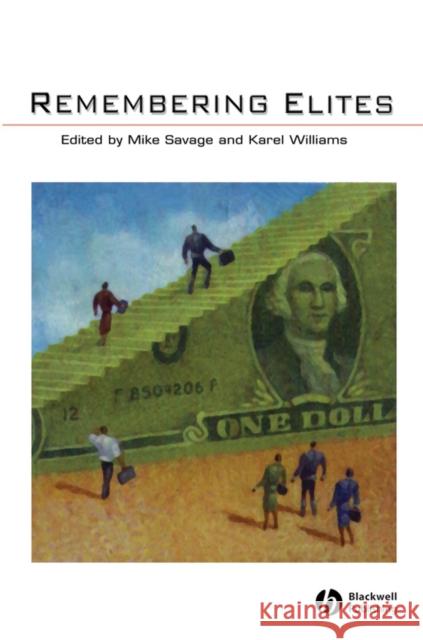Remembering Elites » książka
topmenu
Remembering Elites
ISBN-13: 9781405185462 / Angielski / Miękka / 2008 / 312 str.
This collection will be essential reading for all those interested in the intimate relationship between elites and the remaking of present day capitalism.
- Investigates how in the last thirty years elites have been forgotten in social sciences but remembered as capitalism
- Brings together an interdisciplinary team of contributors including sociologists, anthropologists, political scientists, and management researchers all arguing for and demonstrating the need to resume elite studies
- Tackles the paradox of memory and forgetting by explaining how neo-positivism and post-structuralist theory both marginalised elites as intellectual object while financialized capitalism created lucrative new elite positions
- Evaluates the historical changes since Thatcher and Reagan and explores the changing elite cultures in the civil service
- Explores the possibilities of a Bourdieusian, comparative analysis of business and finance within British and French business networks
- Includes essays which balance the concern with financialization on cultural elites and consumption of elites
- Considers whether there is still an 'intellectual' cultural elite and contributes empirical studies of elite consumption in the UK











